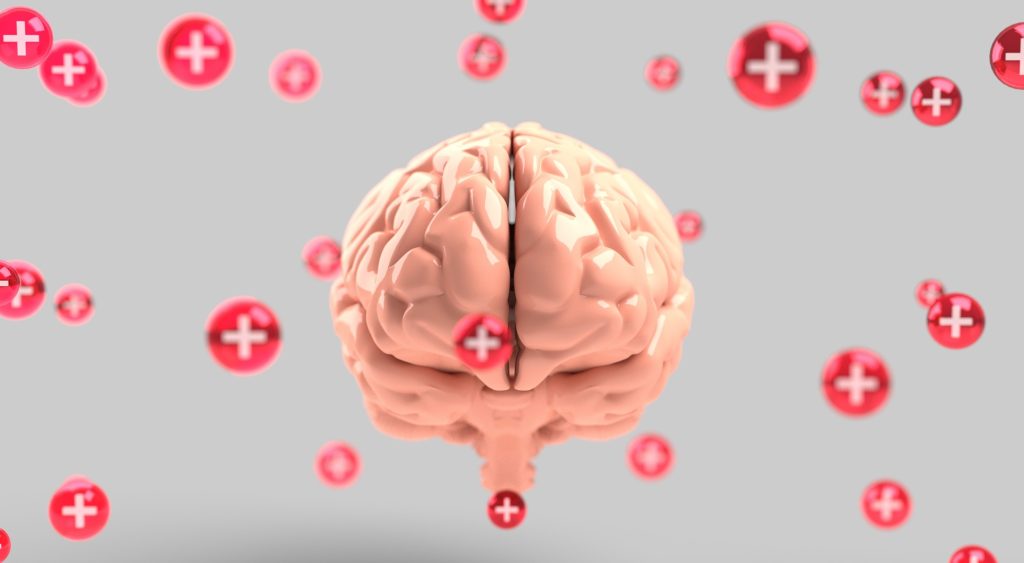Mental Health Is Just as Important as Physical Health
Many of us are involved in looking after someone who has a mental illness. According to the NHS, one in four adults and one in ten children experience mental illness. Shockingly over 6000 suicidal deaths take place every year in the UK and having a long-term mental health problem may reduce life expectancy by 21 years due to associated physical health problems. Mental ill health can be experienced by people in all walks of life and can happen at any point. Mental health problems represent the largest single cause of disability in the UK. All of the statements in this paragraph were true pre Covid-19 pandemic, which has since amplified the challenges being faced.

The World Health Organisation (WHO) defines mental health as:
“a state of wellbeing in which every individual realizes their own potential, can cope with the normal stresses of life, can work productively and fruitfully, and is able to make a contribution to their community”.
Mental health can be thought of as a spectrum with good mental health at one end and poor mental health at the other and we are able to move up and down on that spectrum. Mental health can deteriorate at any time depending on what is going on in our life.
Mental health, just like physical health, is important and needs to be taken care of.
- Approximately 1 in 6 people in the UK will experience a mental health problem in their lifetime
- Approximately half of all mental health problem are established by age 14, and 75% by age 24
- It is estimated that men are 3 times more likely to commit by suicide than women
In 2015, the Government published a document, called All Our Health, for health and care professionals which resulted in a series of guidance focusing on improving outcomes in many areas of health and wellbeing, including mental health. This guidance was last updated in 2019 and acknowledges the following:
- Mental health problems are often hidden
- Stigma is often still attached to them
- A need exists for appropriate care and support

Understanding a Range of Different Mental Health Disorders
Being a Care Manager, it is very likely that you engage with those who experience mental health disorders. It is also likely that you have to support a team of staff that engage with people who experience mental health disorders. An individual may present with more than one disorder at the same time, so it is important to adopt a person-centred approach as each individuals experience will be different.
In order to support you, we have extended the range of courses we offer related to mental health by launching a new course; Understanding Mental Health. The course aims to give you an insight into some of the mental health disorders we may come across in our work with others.
The new course includes units on Anxiety, Depression, Eating disorders, Bipolar and Schizophrenia. As you will see as you work through the course, changes to our mental health are not always that clear cut. An individual may present with more than one disorder at the same time, so it is important to adopt a person-centred approach as each individual’s experience will be different.
We have a complete range of courses that are related to mental health:
Please be aware of the Mental Health Awareness Week hosted by the Mental Health Foundation that takes place 10-16th May 2021 and this year will be themed around the subject of nature and the environment.

Data sources: Public Health England and the NHS
To find out more, contact us at info@redcrier.com or call 01823 33 22 00.








